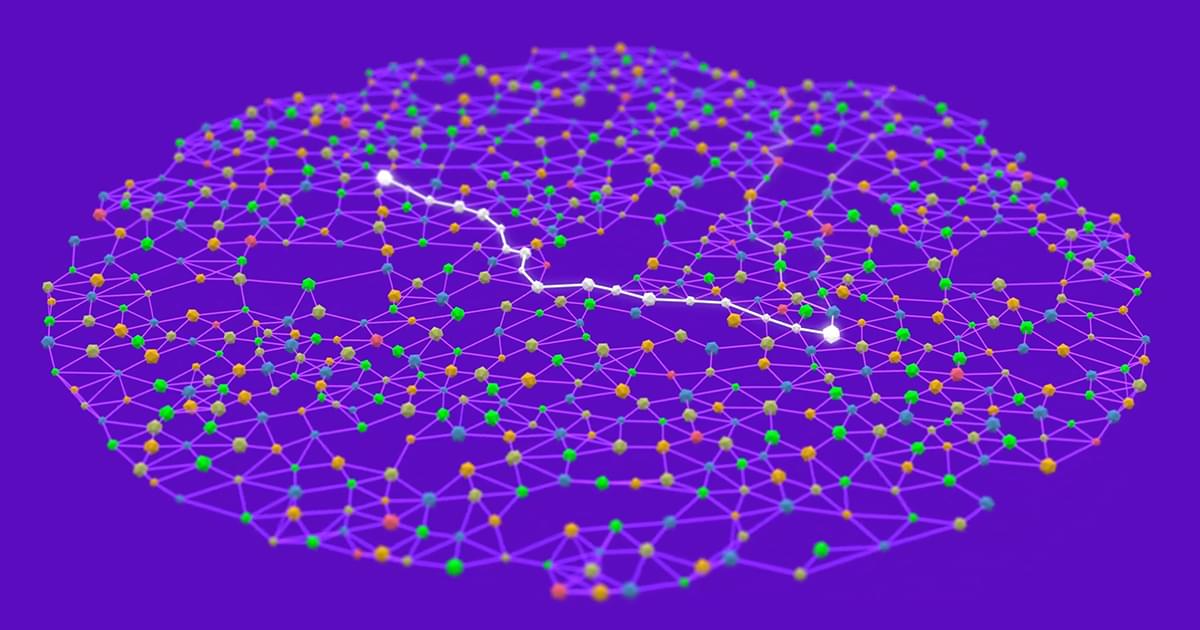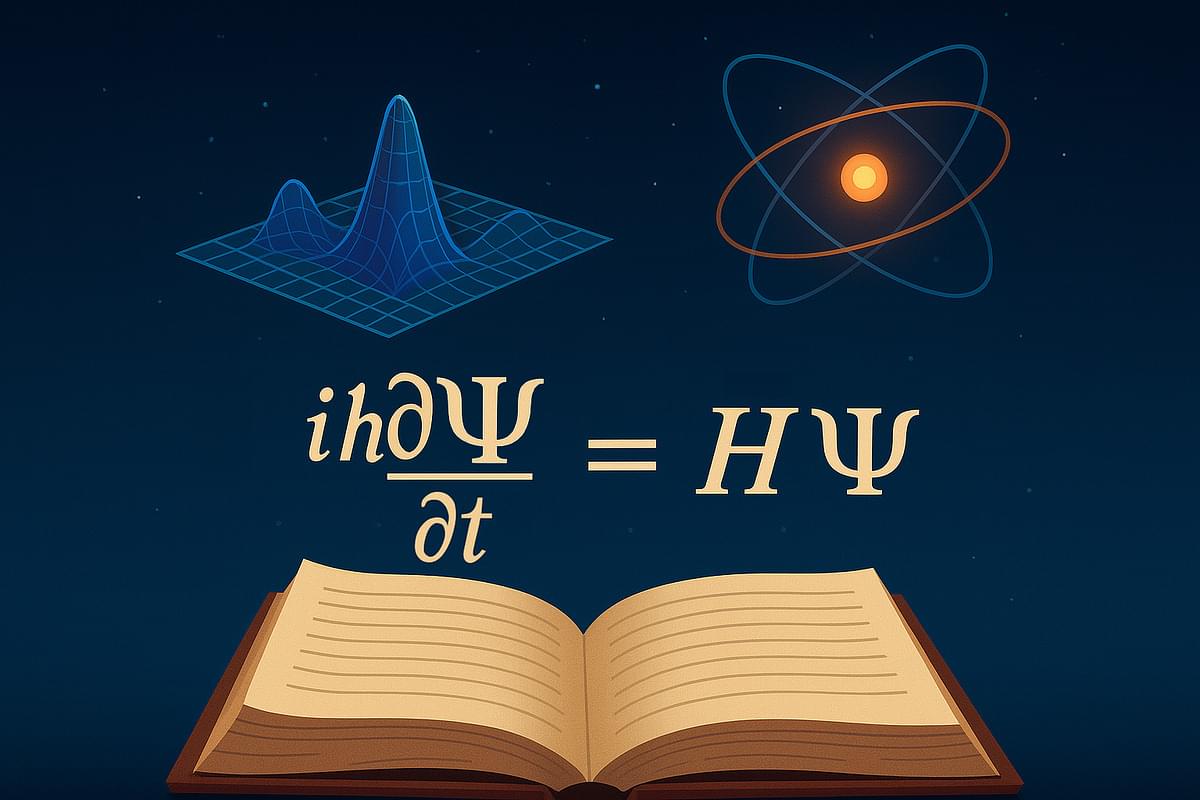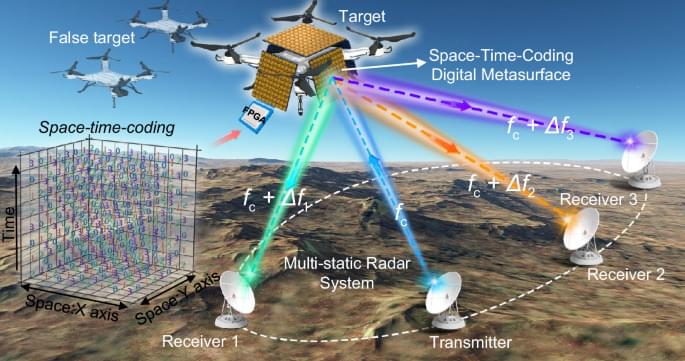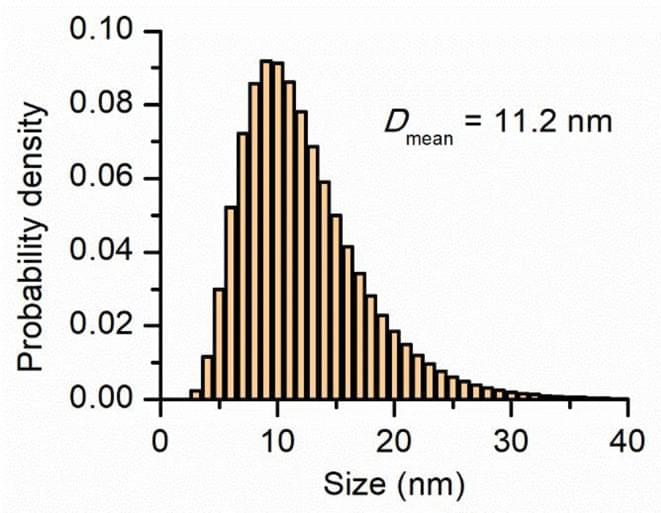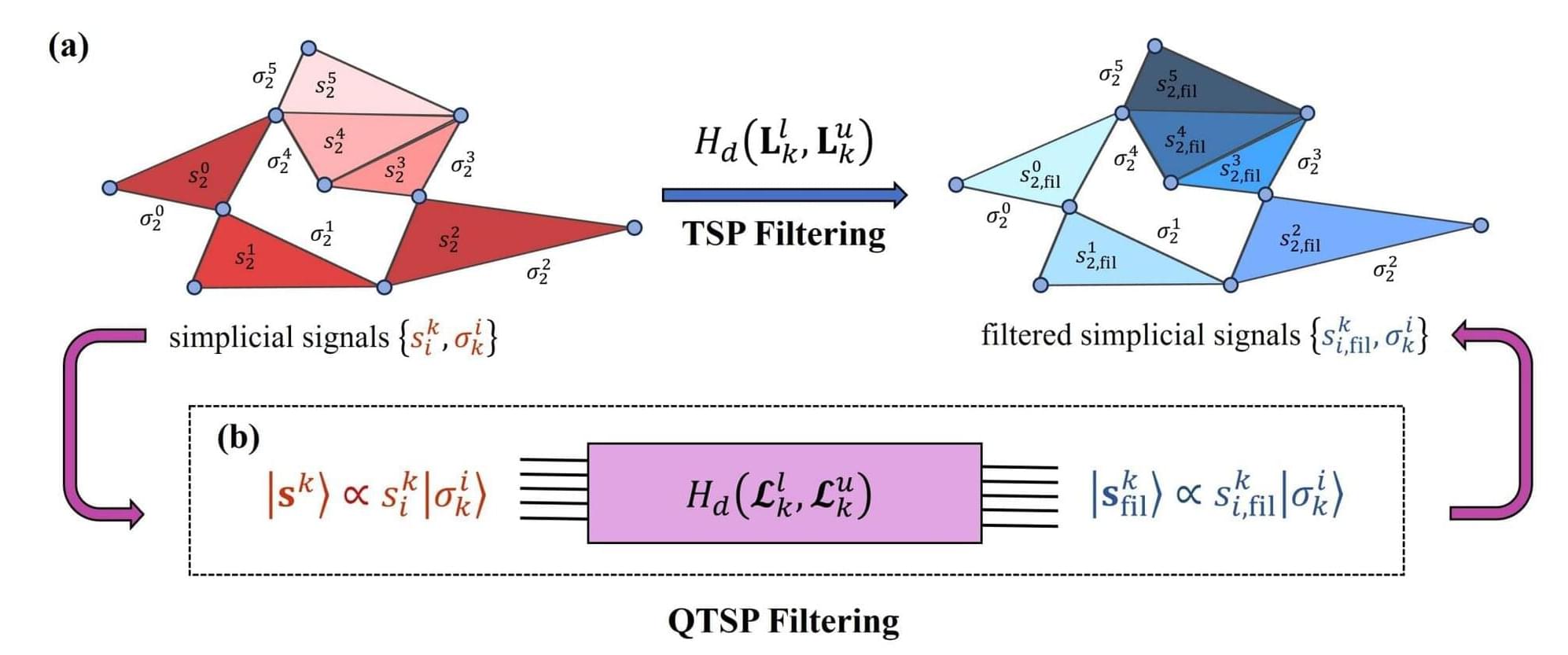A study published in Nature Biotechnology reveals a powerful new use for artificial intelligence: designing small, drug-like molecules that can stick to and break down harmful proteins in the body — even when scientists don’t know what those proteins look like. The breakthrough could lead to new treatments for diseases that have long resisted traditional drug development, including certain cancers, brain disorders, and viral infections.
The study was published on August 13, 2025 by a multi-institutional team of researchers from McMaster University, Duke University, and Cornell University. The AI tool, called PepMLM, is based on an algorithm originally built to understand human language and used in chatbots, but was trained to understand the “language” of proteins.
In 2024, the Nobel Prize in Chemistry was awarded to researchers at Google DeepMind for developing AlphaFold, an AI system that predicts the 3D structure of proteins – a major advance in drug discovery. But many disease-related proteins, including those involved in cancer and neurodegeneration, don’t have stable structures. That’s where PepMLM takes a different approach – instead of relying on structure, the tool uses only the protein’s sequence to design peptide drugs. This makes it possible to target a much broader range of disease proteins, including those that were previously considered “undruggable.”



